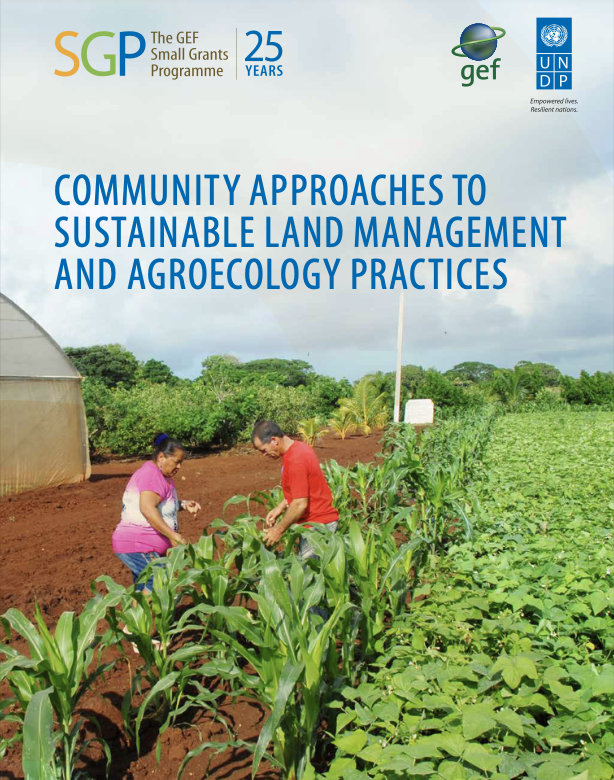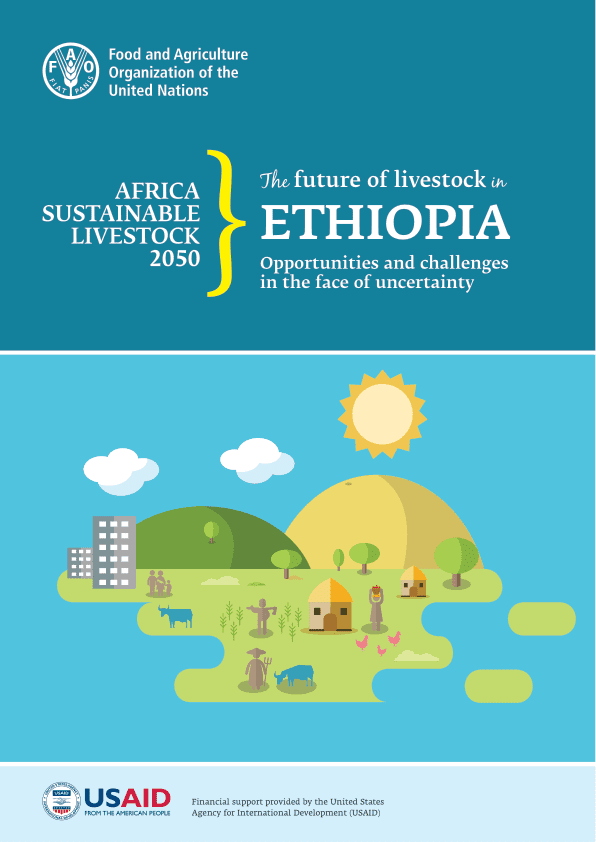Community Approaches to Sustainable Land Management and Agroecology Practices
As of 2017, SGP has awarded over 3,800 small grants to land degradation projects in over 120 countries, many of which are in regions with extreme levels of poverty and food insecurity across Africa and Latin America. Africa, in particular, is experiencing the highest population growth of the developing world, while being exposed and vulnerable to the rising impact from climate change.




